Is there really a one size fits all diet?
Increasingly poor health is now a common theme among people all across the globe, this manifests itself in the form of excess weight, diabetes, coronary heart disease, cancer etc. Fortunately we can all make a change because one of the main components causing this snowball health dilemma are the type of foods we are eating in the 21st century and our mindset concerning nutrition. I reckon if we tackle processed foods & unconscious eating together we could increase the wellbeing of millions of people, who are not privy to the damage unconscious eating can cause in almost all areas of life. If we begin to learn about how food works with our bodies and how it affects us, we’ll all be much better equipped to live happy and healthy lives.
The importance food has on our well-being has been lost on us in modern society. Today, food is seen purely as a product that is bought to satisfy our taste buds. When in actuality food is responsible for the way in which your body and mind operate. So, what is the real relationship between man and food?
-Changing the game by informing the people –
Nutrition broken down
My work here with All Day Plant Based is concerned with offering humanity pertinent information in a holistic and health oriented way. I also have a keen focus on shedding light on the benefits of steering away from animal agriculture due to the unfortunate treatment of our fellow beings on this planet. Unlike other resources you may stumble upon across the internet, All Day Plant Based takes a more naturalistic approach to most topics with less reliance on multiple scientific studies. This is because an over reliance on studies often leads to black and white thinking as well as holding reductionistic views on nutrition, when in actuality, nutrition is probably one the most broad and greyscale areas you can delve into, since what works for one group of people may not necessarily work as well for others, however try not to take this as me being against scientific literature, I share many crucial insights which science has allowed us to learn about and so you’ll find me offering some scientific perspectives on food or health especially when it concerns the role of nutrients in the body, but this will be to give you a general outline of some broader topic rather than to justify what I believe to be right or wrong in order to sell you a product.
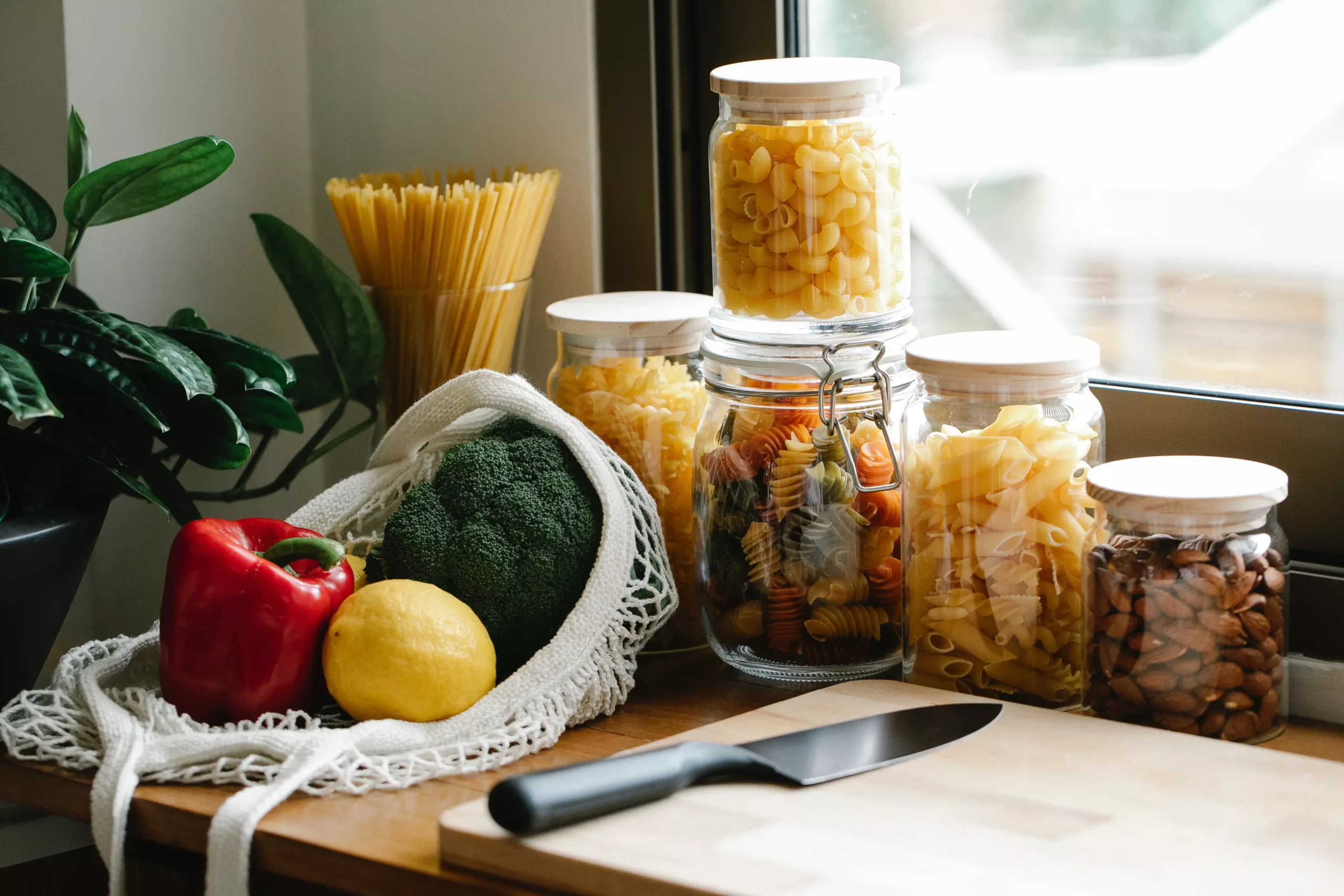
What is the purpose of nutrition?
Nutrition is simply the process of providing ourselves with food to support life and growth.
So how do I stay on top of my nutrition?
Change your mindset about food! You are in control and have been all along. If nutrition is simply providing yourself with food that supports your life, then spotting good nutrition is as easy as picking up the apple instead of the doughnut, preparing your own healthy meals to eat and cutting down on processed foods.
Why is nutrition so complicated?
Nutrition is complicated because it is such a greyscale area that differs from person to person. However, if you take a holistic approach to looking at your health. Then nutrition becomes simple again, it’s no longer about calorie counting, micro-managing nutrient intake and seeing what the latest study says. Instead, you take a deep look inside and realise that your health and well-being are of utmost importance to you, so you start to pay attention to your eating habits and self-correct them.
When you feel great you know you feel great and you don’t even feel the desire to reach for the cola. Now don’t get me wrong studies are definitely beneficial but it doesn’t help anyone when studies are lazily generalised to apply to the whole population.
So do I even need to bother learning about food then?
Yes and no. On the internet, you’ll find dozens and dozens of pages that back up their nutritional claims with scientific research. Many of the citations you’ll read are highly subject to variability, as everyone’s body responds to foods uniquely. So it’s near impossible for you to gauge how well your body will respond in relation to what scientific studies are pointing out. When it comes to food the best thing you can do is study your own body, your own eating habits and how well your mind and body are functioning. So in a sense learning about how food & nutrition work is still important, even if you drop all the unhealthy foods. This is because you will be able to create your own banger recipes and find out how certain foods can boost your performance physically and mentally! And this is where All Day Plant Based comes in. I’m here to offer everyone a refreshing stance on food as well as guidance on how to begin making healthy recipes and providing information surrounding health in a way that everyone can benefit from. (None of that technical jargon.)
What is the purpose of nutrition?
Nutrition is simply the process of providing ourselves with food to support life and growth.
So how do I stay on top of my nutrition?
Change your mindset about food! You are in control and have been all along. If nutrition is simply providing yourself with food that supports your life, then spotting good nutrition is as easy as picking up the apple instead of the doughnut, preparing your own healthy meals to eat and cutting down on processed foods.
Why is nutrition so complicated?
Nutrition is complicated because it is such a greyscale area that differs from person to person. However, if you take a holistic approach to looking at your health. Then nutrition becomes simple again, it’s no longer about calorie counting, micro-managing nutrient intake and seeing what the latest study says. Instead, you take a deep look inside and realise that your health and well-being are of utmost importance to you, so you start to pay attention to your eating habits and self-correct them.
When you feel great you know you feel great and you don’t even feel the desire to reach for the cola. Now don’t get me wrong studies are definitely beneficial but it doesn’t help anyone when studies are lazily generalised to apply to the whole population.
So do I even need to bother learning about food then?
Yes and no. On the internet, you’ll find dozens and dozens of pages that back up their nutritional claims with scientific research. Many of the citations you’ll read are highly subject to variability, as everyone’s body responds to foods uniquely. So it’s near impossible for you to gauge how well your body will respond in relation to what scientific studies are pointing out. When it comes to food the best thing you can do is study your own body, your own eating habits and how well your mind and body are functioning. So in a sense learning about how food & nutrition work is still important, even if you drop all the unhealthy foods. This is because you will be able to create your own banger recipes and find out how certain foods can boost your performance physically and mentally! And this is where All Day Plant Based comes in. I’m here to offer everyone a refreshing stance on food as well as guidance on how to begin making healthy recipes and providing information surrounding health in a way that everyone can benefit from. (None of that technical jargon.)
What are proteins?
As of late, the topic of protein has been heated especially when concerning the plant-based diet. A lot of people state that vegans are lacking in the essential proteins needed to sustain a happy and healthy life, on the other hand, some vegans state that plant-based protein is the best and only necessary source of protein. So who’s right? Well, the first thing to make clear is that no matter where you get your information you should keep an open mind and plan on figuring it out yourself. This is because food and nutrition are hot topics that many people hold dearly, even little changes in understanding can feel uncomfortable and people don’t like to be proven wrong.
However, in a sense both sides of the story are true. Protein is a macronutrient (a type of nutrient that your body needs large amounts of) that is crucial in the formation and repair of muscles, hair, nails and skin. Proteins are made up of things called amino acids, which put simply are ‘chains’ that create each individual protein. Our bodies can create 11 of the 20 needed amino acids to create protein, as a result, we must consume foods to obtain the rest. These amino acids are called *essential*
Foods that contain different chains of amino acids can be combined to offer a whole complete protein, this is one of the reasons vegans are often told to consume a wide variety of protein-rich foods. People who are omnivores get all their essential amino acids when they consume meat, dairy and eggs, whereas a vegan’s choice of complete proteins to consume include, hemp, soya/tempeh, quinoa & chia seeds. Other foods such as nuts, grains, vegetables and pulses need to be combined to form complete proteins.
Pound for pound plant proteins and meat proteins are exactly the same containing exactly 20 amino acids of the same type. So why all the fuss? My best guess would be that people just like to take sides. So then why did I say both sides of the story are true? Well, since proteins are the building blocks of life, it would be fair to say whoever can get them easiest and in more abundance wins and I’d say it’s easier for a meat eater to get all their protein especially since there’s nothing stopping them from picking up some quinoa to go along with their lamb. But, I’m not letting you off the hook that easily. Most protein consumed today is eaten in the form of processed meats, which impact the environment heavily, and could cause a whole host of future issues for your body that we’ll dive into another day.
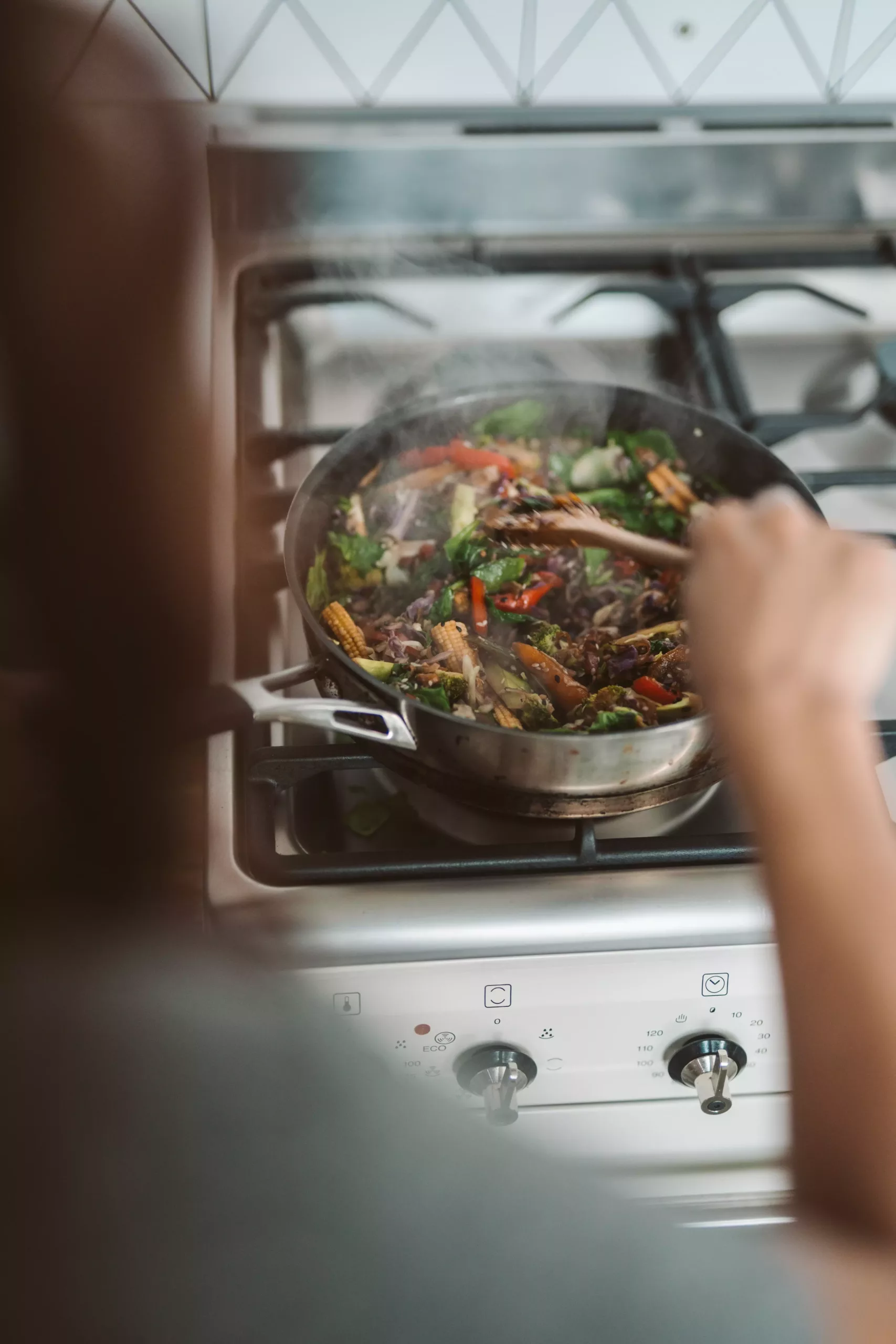
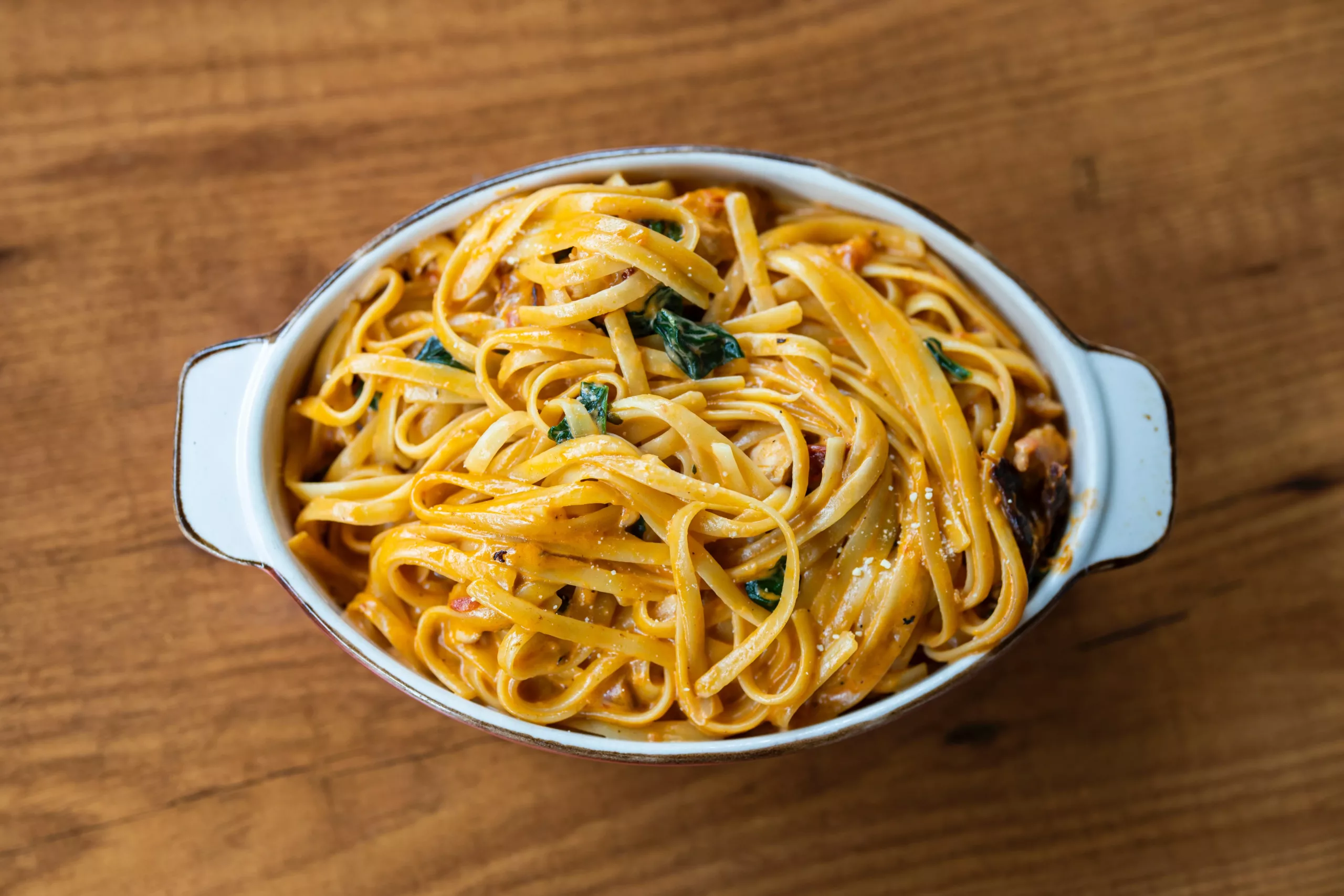
What are Carbohydrates?
For me, carbohydrates are probably the most interesting and tricky part of nutrition.
Carbohydrates are one of the three macronutrients your body needs. Broken down into glucose, carbohydrates are the main energy source of the body. An alternate definition that I like is “a carbohydrate is an organic compound that occurs in living tissues or food and that can be broken down into energy by people or animals.” excess glucose that our body doesn’t need right away is stored away as glycogen, or converted into fat. I don’t see many people stressing how amazing this is. The 24/7 factory called the human body is constantly working hard for us and the least we can do is honour it by listening to what it tells us and understanding the signals it sends us. Carbohydrates are so crucial to the functioning of all parts of your being that your body goes to the extent of storing extras for future use.
Because of this it’s clear that carbs are not bad, but why do they get such a bad rep?
The low-carb diet is extremely popular as it has been touted as the best weight loss method. But again nutrition is not so black and white, everybody’s carb needs are slightly different and although carbs are mostly responsible for the store of fat in the body, simply reducing or taking out carbs is not necessarily the healthiest thing to do for everyone. When you cut carbs, your body empties its glycogen stores because you’re no longer bringing in any energy, since the body stores glycogen in the liver and muscles alongside water, when carbs are cut the water content is cut also. Although this isn’t life-threatening or anything, the loss of water and fat together makes it seem as though you have lost more than you really have, as water weight will bounce back. Because of this Id say if your looking to lose weight, tracking your actual weight itself is not the best indicator of progress, instead think of it as losing fat. You can weigh a lot but have low body fat, or not weigh much but have a higher percentage of fat. Cutting carbs is not always the best option, but being mindful of the TYPE of carbs is much more important, carbs offer a myriad of benefits, especially fibre, which keeps the digestive system in tip-top condition day.
What are fats ?
Fat is the last macronutrient that appears in various forms across the wide spectrum of foods. There are two types of fats, saturated and unsaturated, most foods containing fats have a mixture so it’s mostly a lost game trying to eliminate one specific type. When it comes to fats the waters can get ‘muddied’ easily as labels such as good fats and bad fats start to get thrown around. Generally speaking, fats are crucial in our diet and occur in many foods naturally, avocados, nuts and olive oil, to name a few, contain fats but are usually categorised as healthy, opposingly though transfats (the artificial fats appearing in foods like doughnuts, cakes, pie crusts, biscuits, frozen pizza, cookies, crackers etc) are responsible for raising cholesterol, which is a fatty substance the body uses to create cells.
However, there are two types of cholesterol high density and low density, without getting too technical about it, high-density cholesterol contains a high proportion of proteins and protects the body by carrying the low-density cholesterol away from arteries and to the liver ( foods such as olive oil, beans & legumes, high fibre fruit and oily fish) Opposingly low-density cholesterol carries from the liver to other tissues. These types of cholesterol have lower proportions of proteins and can cause fatty deposit build-up, limiting blood flow, and leading to horrible heart conditions. (foods such as full-fat dairy, red meat, baked goods and processed meats.)
If you want to avoid these ‘bad’ cholesterols but still enjoy some of these foods, rest assured that you can make many of the foods you love from home, which allows you to reduce the saturated fat content. For example, you can bake with less butter, sugar and artificial preservatives than an industrial baking company will as their main prerogative is to reduce costs as much as possible while maximising profits. Your health and wellbeing are not their concern at all. So you have to take matters into your own hands.
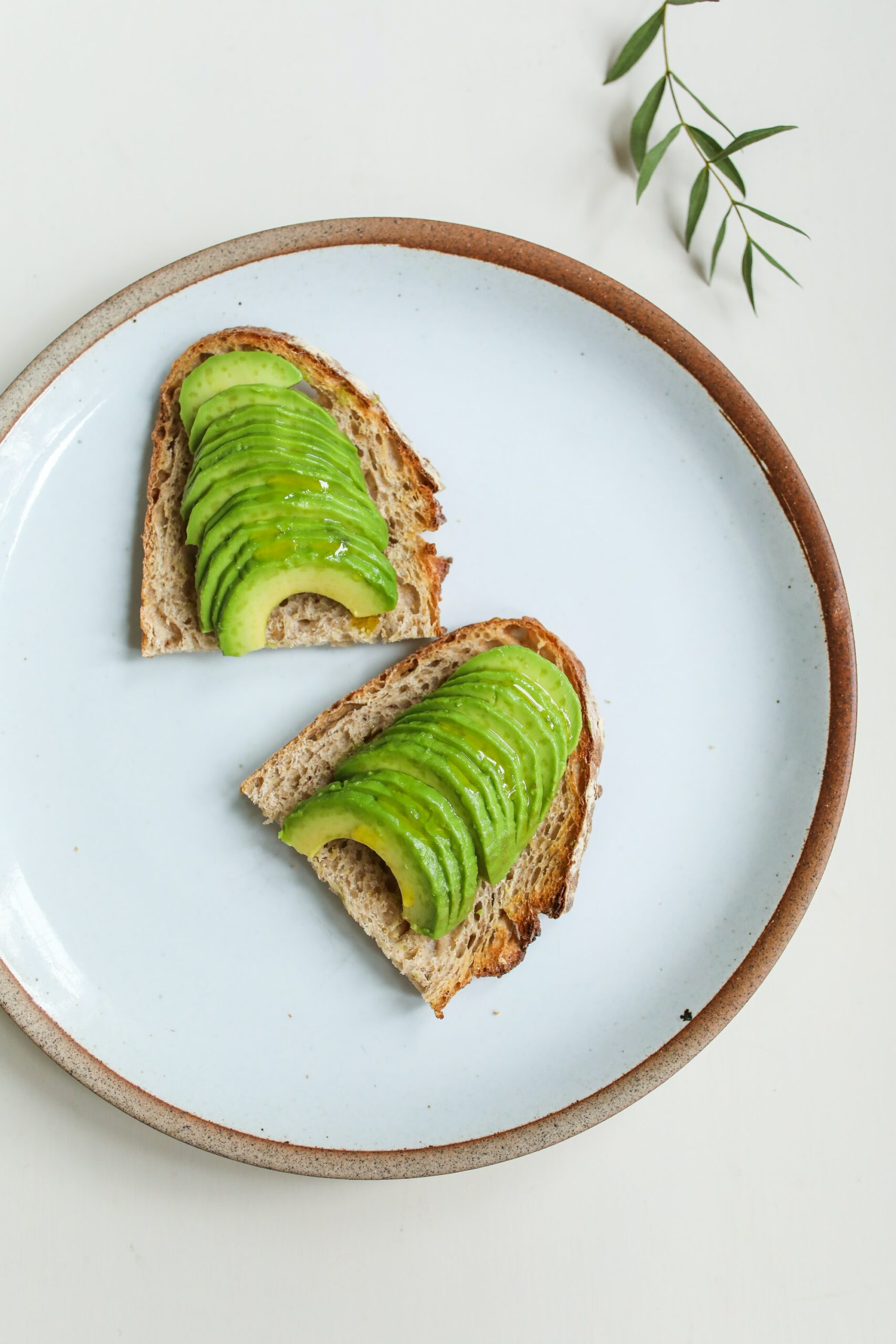
How does this all apply to you?
Even if you don’t feel you particularly need this information, you most likely know someone who could benefit from learning about cultivating a healthy and sustainable relationship with food. If that is the case be sure to send them this page. Also feel free to message me anytime if you’d like to see some more information on this page or more clarification. Have a great day -zedek
One way I like to look at things is through the lens of language, (Maybe since I enjoy writing.) Food is like all the different letters that make up the alphabet, there’s only 26, but you can mix and match different letters to create words. Some words may have more utility and may be more beneficial for everyone, but that doesn’t necessarily mean the other words out there are useless or fake. All words are valid in there own way, it’s about finding the ones you want to use and going from there. I know it’s a bit of a weird analogy, but it highlights the fact that the diet you choose is just one of a hundred others that could work just as well or bad. The diet isn’t the major factor here. It’s your mindset and relationship to food. You can be perfectly healthy, not knowing what kind of diet you are on, just by knowing that your body is not something worth filling with garbage.
In other words, there is no weight loss diet. But this doesn’t mean we can’t learn from nutritional science and use the powerful knowledge there to boost our wellness!
Is there really a one size fits all diet?
Increasingly poor health is now a common theme among people all across the globe, this manifests itself in the form of excess weight, diabetes, coronary heart disease, cancer etc. Fortunately we can all make a change because one of the main components causing this snowball health dilemma are the type of foods we are eating in the 21st century and our mindset concerning nutrition.
I reckon if we tackle processed foods & unconscious eating together we could increase the wellbeing of millions of people, who are not privy to the damage unconscious eating can cause in almost all areas of life. If we begin to learn about how food works with our bodies and how it affects us, we’ll all be much better equipped to live happy and healthy lives.
The importance food has on our well-being has been lost on us in modern society. Today, food is seen purely as a product that is bought to satisfy our taste buds. When in actuality food is responsible for the way in which your body and mind operate. So, what is the real relationship between man and food?
-Changing the game by informing the people –
Nutrition broken down
My work here with All Day Plant Based is concerned with offering humanity pertinent information in a holistic and health oriented way. I also have a keen focus on shedding light on the benefits of steering away from animal agriculture due to the unfortunate treatment of our fellow beings on this planet.
All Day Plant Based takes naturalistic approach to most topics with less reliance on multiple scientific studies. This is because an over reliance on studies often leads to black and white thinking as well as holding reductionistic views on nutrition, when in actuality, nutrition is probably one the most broad and greyscale areas you can delve into, since what works for one group of people may not necessarily work as well for others, however try not to take this as me being against scientific literature,
I share many crucial insights which science has allowed us to learn about and so you’ll find me offering some scientific perspectives on food or health especially when it concerns the role of nutrients in the body, but this will be to give you a general outline of some broader topic rather than to justify what I believe to be right or wrong in order to sell you a product.

Check out the latest blogs below!

What are proteins?
As of late, the topic of protein has been heated especially when concerning the plant-based diet. A lot of people state that vegans are lacking in the essential proteins needed to sustain a happy and healthy life, on the other hand, some vegans state that plant-based protein is the best and only necessary source of protein. So who’s right? Well, the first thing to make clear is that no matter where you get your information you should keep an open mind and plan on figuring it out yourself. This is because food and nutrition are hot topics that many people hold dearly, even little changes in understanding can feel uncomfortable and people don’t like to be proven wrong.
However, in a sense both sides of the story are true. Protein is a macronutrient (a type of nutrient that your body needs large amounts of) that is crucial in the formation and repair of muscles, hair, nails and skin. Proteins are made up of things called amino acids, which put simply are ‘chains’ that create each individual protein. Our bodies can create 11 of the 20 needed amino acids to create protein, as a result, we must consume foods to obtain the rest. These amino acids are called *essential*
Foods that contain different chains of amino acids can be combined to offer a whole complete protein, this is one of the reasons vegans are often told to consume a wide variety of protein-rich foods. People who are omnivores get all their essential amino acids when they consume meat, dairy and eggs, whereas a vegan’s choice of complete proteins to consume include, hemp, soya/tempeh, quinoa & chia seeds. Other foods such as nuts, grains, vegetables and pulses need to be combined to form complete proteins.
Pound for pound plant proteins and meat proteins are exactly the same containing exactly 20 amino acids of the same type. So why all the fuss? My best guess would be that people just like to take sides. So then why did I say both sides of the story are true? Well, since proteins are the building blocks of life, it would be fair to say whoever can get them easiest and in more abundance wins and I’d say it’s easier for a meat eater to get all their protein especially since there’s nothing stopping them from picking up some quinoa to go along with their lamb. But, I’m not letting you off the hook that easily. Most protein consumed today is eaten in the form of processed meats, which impact the environment heavily, and could cause a whole host of future issues for your body that we’ll dive into another day.

What are Carbohydrates?
For me, carbohydrates are probably the most interesting and tricky part of nutrition.
Carbohydrates are one of the three macronutrients your body needs. Broken down into glucose, carbohydrates are the main energy source of the body. An alternate definition that I like is “a carbohydrate is an organic compound that occurs in living tissues or food and that can be broken down into energy by people or animals.” excess glucose that our body doesn’t need right away is stored away as glycogen, or converted into fat. I don’t see many people stressing how amazing this is. The 24/7 factory called the human body is constantly working hard for us and the least we can do is honour it by listening to what it tells us and understanding the signals it sends us. Carbohydrates are so crucial to the functioning of all parts of your being that your body goes to the extent of storing extras for future use.
Because of this it’s clear that carbs are not bad, but why do they get such a bad rep?
The low-carb diet is extremely popular as it has been touted as the best weight loss method. But again nutrition is not so black and white, everybody’s carb needs are slightly different and although carbs are mostly responsible for the store of fat in the body, simply reducing or taking out carbs is not necessarily the healthiest thing to do for everyone. When you cut carbs, your body empties its glycogen stores because you’re no longer bringing in any energy, since the body stores glycogen in the liver and muscles alongside water, when carbs are cut the water content is cut also. Although this isn’t life-threatening or anything, the loss of water and fat together makes it seem as though you have lost more than you really have, as water weight will bounce back. Because of this Id say if your looking to lose weight, tracking your actual weight itself is not the best indicator of progress, instead think of it as losing fat. You can weigh a lot but have low body fat, or not weigh much but have a higher percentage of fat. Cutting carbs is not always the best option, but being mindful of the TYPE of carbs is much more important, carbs offer a myriad of benefits, especially fibre, which keeps the digestive system in tip-top condition day.

What are fats ?
Fat is the last macronutrient that appears in various forms across the wide spectrum of foods. There are two types of fats, saturated and unsaturated, most foods containing fats have a mixture so it’s mostly a lost game trying to eliminate one specific type. When it comes to fats the waters can get ‘muddied’ easily as labels such as good fats and bad fats start to get thrown around. Generally speaking, fats are crucial in our diet and occur in many foods naturally, avocados, nuts and olive oil, to name a few, contain fats but are usually categorised as healthy, opposingly though transfats (the artificial fats appearing in foods like doughnuts, cakes, pie crusts, biscuits, frozen pizza, cookies, crackers etc) are responsible for raising cholesterol, which is a fatty substance the body uses to create cells.
However, there are two types of cholesterol high density and low density, without getting too technical about it, high-density cholesterol contains a high proportion of proteins and protects the body by carrying the low-density cholesterol away from arteries and to the liver ( foods such as olive oil, beans & legumes, high fibre fruit and oily fish) Opposingly low-density cholesterol carries from the liver to other tissues. These types of cholesterol have lower proportions of proteins and can cause fatty deposit build-up, limiting blood flow, and leading to horrible heart conditions. (foods such as full-fat dairy, red meat, baked goods and processed meats.)
If you want to avoid these ‘bad’ cholesterols but still enjoy some of these foods, rest assured that you can make many of the foods you love from home, which allows you to reduce the saturated fat content. For example, you can bake with less butter, sugar and artificial preservatives than an industrial baking company will as their main prerogative is to reduce costs as much as possible while maximising profits. Your health and wellbeing are not their concern at all. So you have to take matters into your own hands.
How does this all apply to you?
Even if you don’t feel you particularly need this information, you most likely know someone who could benefit from learning about cultivating a healthy and sustainable relationship with food. If that is the case be sure to send them this page. Also feel free to message me anytime if you’d like to see some more information on this page or more clarification. Have a great day -zedek
One way I like to look at things is through the lens of language, (Maybe since I enjoy writing.) Food is like all the different letters that make up the alphabet, there’s only 26, but you can mix and match different letters to create words. Some words may have more utility and may be more beneficial for everyone, but that doesn’t necessarily mean the other words out there are useless or fake. All words are valid in there own way, it’s about finding the ones you want to use and going from there. I know it’s a bit of a weird analogy, but it highlights the fact that the diet you choose is just one of a hundred others that could work just as well or bad. The diet isn’t the major factor here. It’s your mindset and relationship to food. You can be perfectly healthy, not knowing what kind of diet you are on, just by knowing that your body is not something worth filling with garbage.
In other words, there is no weight loss diet. But this doesn’t mean we can’t learn from nutritional science and use the powerful knowledge there to boost our wellness!
Vegan Dessert Brands To Sweeten Your Day
In todays article I have the pleasure of sharing some of the innovative companies that are producing 100% vegan desserts for the indulgence of you sweet tooth's and chocoholics out there! Without further ado, [...]
Healthy Vegan Cereal Brands
Today's article is one I'm sure you'll enjoy, we'll be diving into the select few vegan cereal brands that are not only tasty but also healthy. If you're a fan of a big bowl [...]
What is vegan perfume? (And which ingredients aren’t vegan?)
Introduction What exactly is a vegan perfume? What even makes a perfume non-vegan? And does it really make a difference? All this and more will be answered in today's article, so buckle up, let's [...]
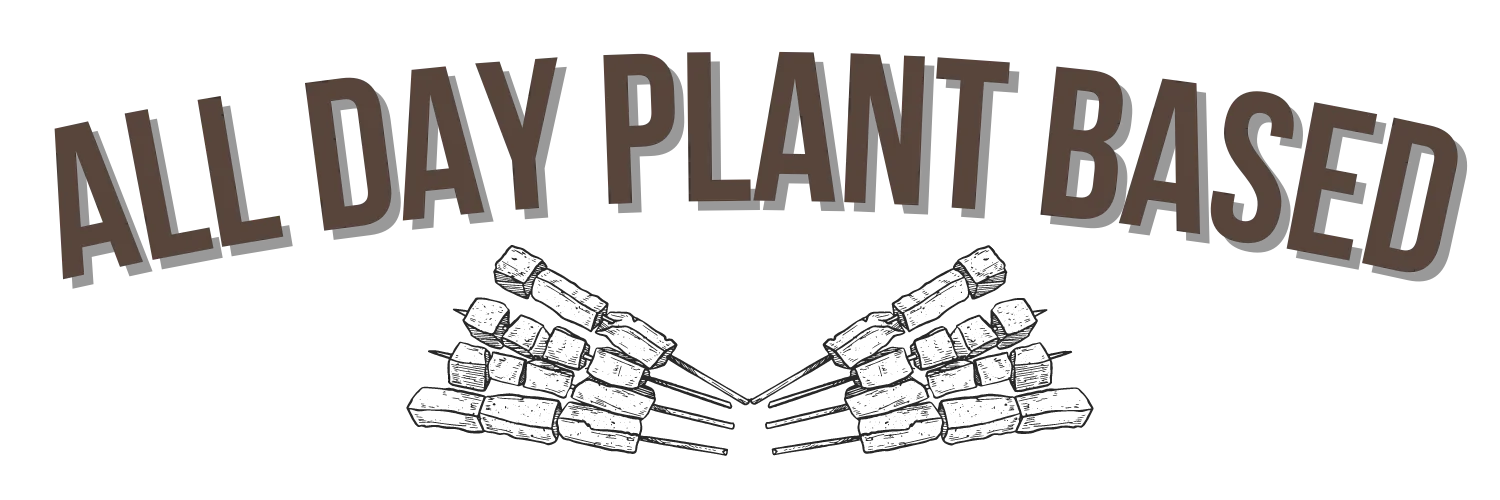

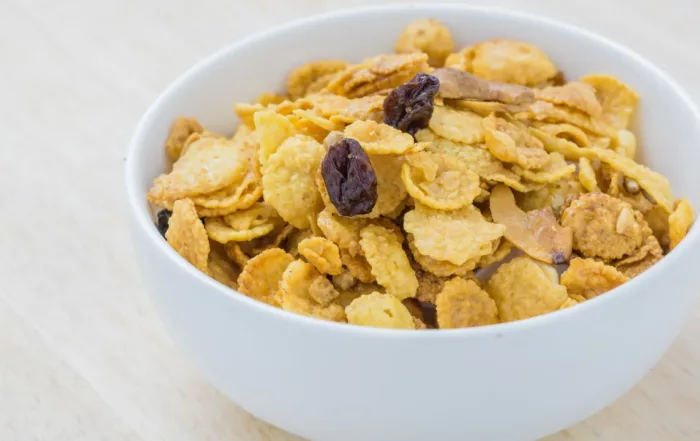

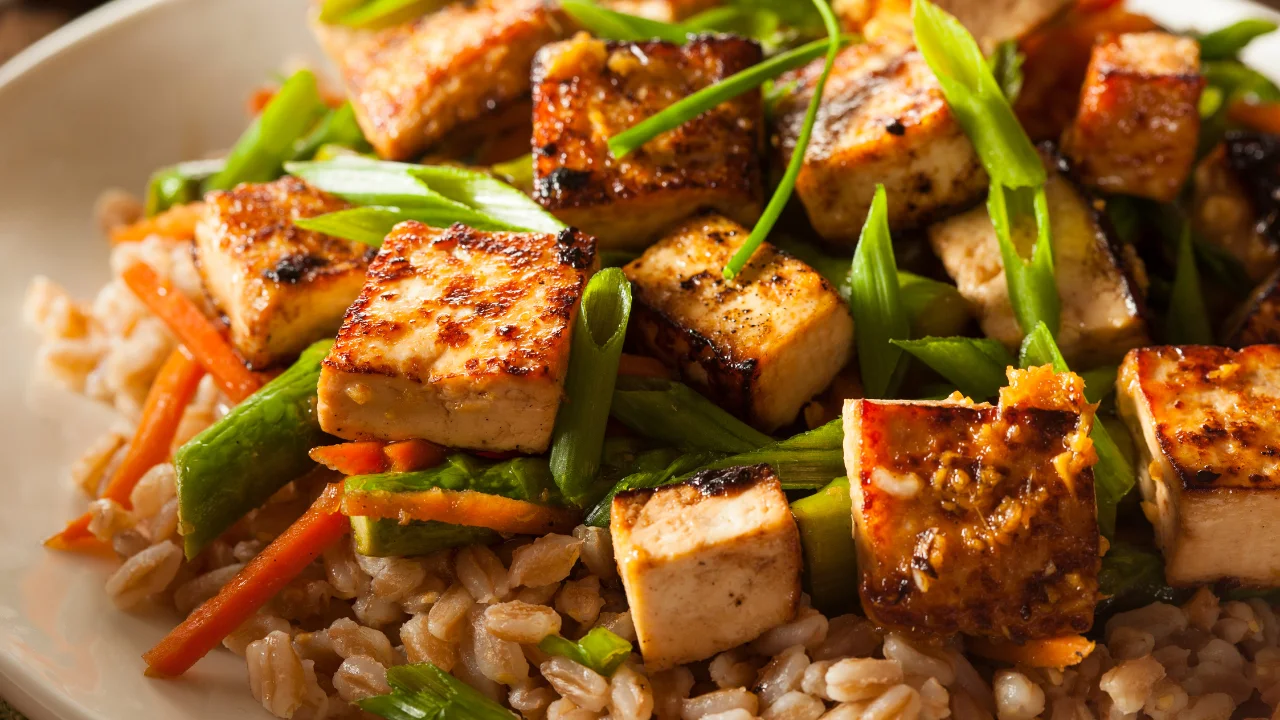

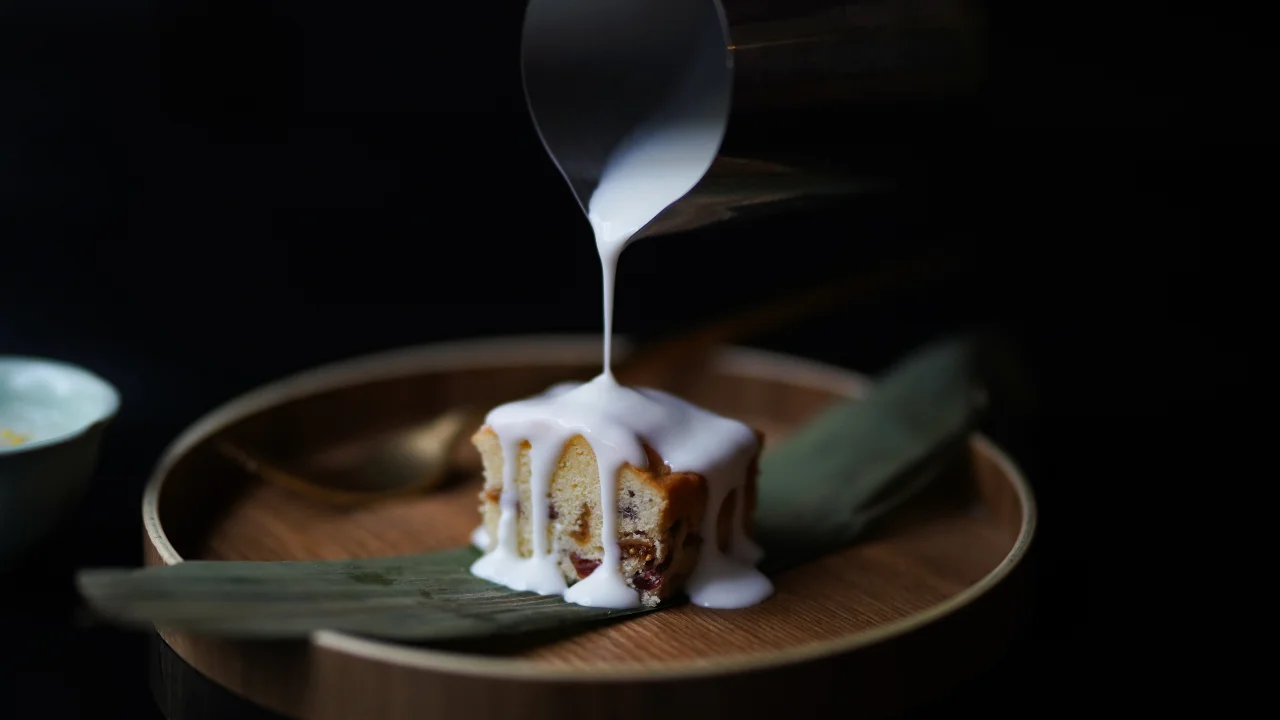
Leave A Comment